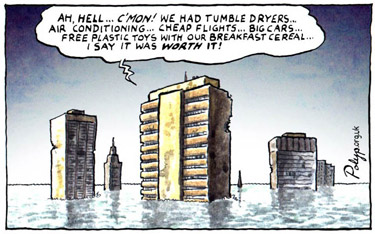Danny Dorling, The No-Nonsense Guide to Equality,
New Internationalist, Oxford, 2012, 176 pp, www.newint.org/books/
Reviewed by Frank Stilwell
New Internationalist has published a series of small books on controversial issues such as world population, world poverty, world food, world health and women’s rights. This latest ‘No-Nonsense Guide’ focuses on equality, making a strong case for this goal to be a much higher priority in public policy and strategies for social progress.
There is a long tradition of arguing for greater equality – in income, wealth, education, social opportunities and, of course, in human rights. One thinks, for example, of classics such as Richard Tawney’s Equality, the writings of British social reformer Richard Titmuss and the more recent books by Richard Wilkinson that describe the damaging social costs that arise from extreme economic inequalities. That these three writers are all called Richard is an odd coincidence – the more important thing that they have in common is a commitment to egalitarian social reform.
Continue reading →

